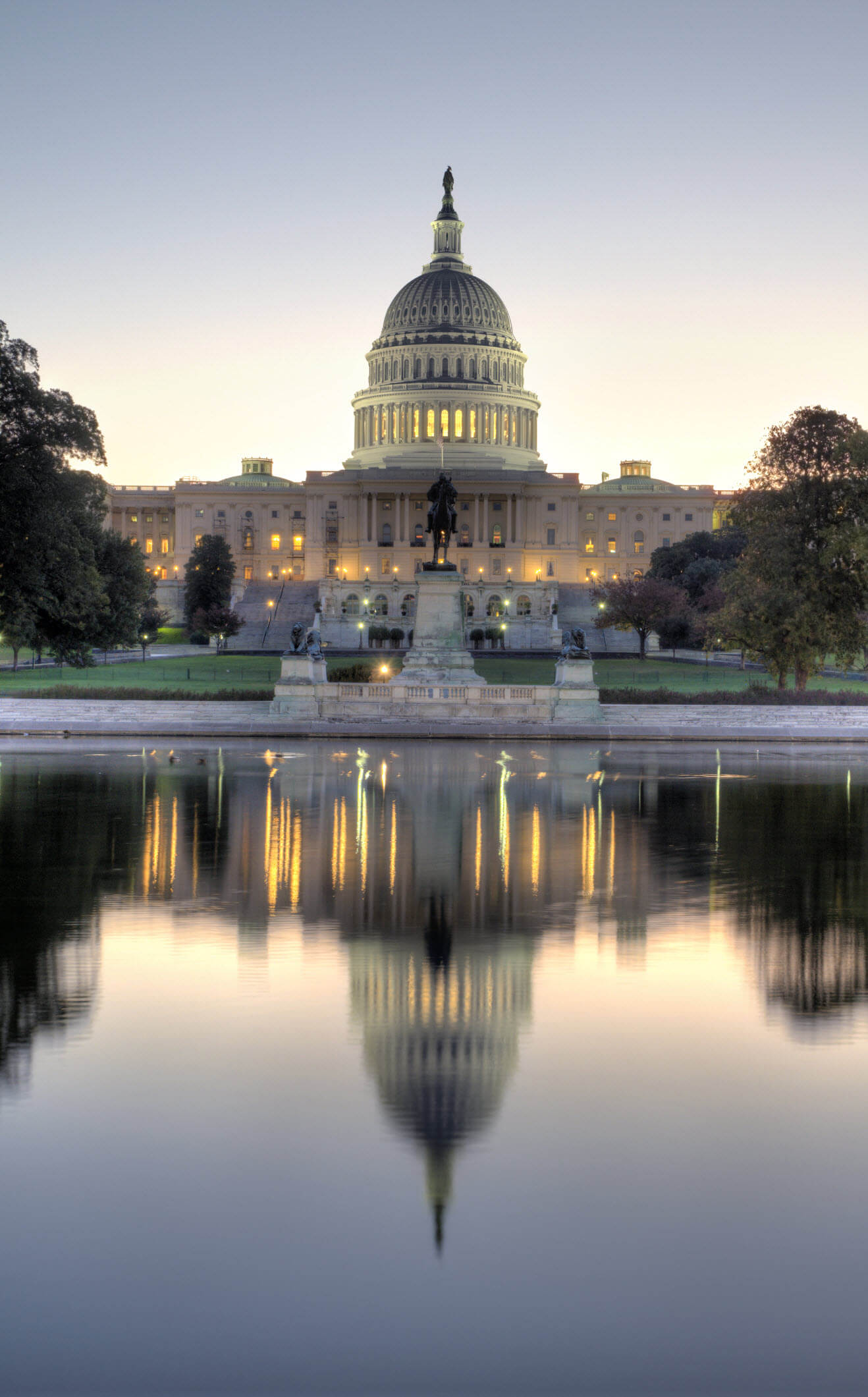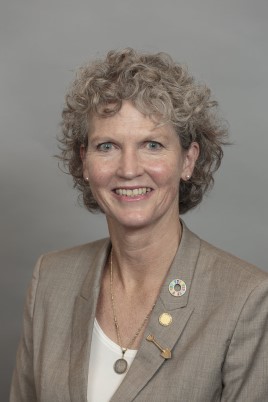I watched in horror as the insurrection unfolded at the U.S. Capitol on January 6, 2021. Wrapped into that worry was my overwhelming concern for everything that WEF and its members value. In case the connection between domestic terrorism and clean water and affordable services is not immediately obvious, let me explain.
This day is now indelibly etched as the day the American experiment nearly failed. As an American citizen I was terrified, both for the individuals serving at Capitol that day as well as for the future of our nation. So how does it connect to the water sector?
The water sector advances we have made came about and are sustained by democratic processes and a shared social contract. Clean water is not something that we can take for granted. The improvements that we have achieved in the U.S. are an accumulation of nearly a century of episodic progress. This means interweaving regulatory upgrades, technology innovation, and community compliance. To be sure, problems remain, but for the moment let us appreciate that our rivers no longer burn and for the most part neither humans nor fish need to worry about swimming in human excrement.
These achievements did not happen by accident. Federal laws like the Clean Water Act and Safe Drinking Water Act, along with their state counterparts, did not create themselves. They were born from the complex dance between citizen advocates and elected officials that we call democracy. These are the laws that justify the water sector’s existence, and, in turn, create the platform by which we have the authority to plan, finance, build, and operate the water infrastructure we hold so dear.
Imagine what would happen if these democratic systems broke down. What would happen if at your utility’s next commission meeting three people burst in and declared, “This is our treatment facility and we’re going to run it like we want to!”? And what if, after years of coalition building and Capitol Hill negotiations, a carefully crafted water infrastructure funding bill were undermined by an angry mob hijacking the nation’s attention and resources?
I’ve come to realize that democracy and the rule of law — our common expectations for how we come to collective decisions and then follow them until we jointly decide that change is needed — are part of our national infrastructure. Like water infrastructure, the core processes of our democracy have run smoothly for decades — even if politics have been tumultuous — and are invisible to us. We take them for granted until they fracture, and then we are left scrambling to repair the breaks.
Some of us have direct experience with what happens when the rule of law weakens or was never there in the first place. WEF board member Raj Bhattarai has witnessed heartbreaking corruption in his native Nepal where dedicated funding is often siphoned off to corrupt officials rather than supporting the community water operations. Another WEF member who serves as a state regulator told me about the threats she and her staff have received over the past four years, at times necessitating armed security protection. Earlier this fall members from the American South told me that the biggest barrier to clean water in their communities is not technology but good governance.
As water professionals we get up every day thinking about how to protect our communities and our shared natural resources through the work that we do. As WEF’s president I am honored to sing the praises of the engineering, scientific, and operational smarts that stand behind the water services in the U.S. and around the globe. But we have work to do. Our water infrastructure sits upon a foundation of social contracts that include democratic processes, the rule of law, and basic civic decency. It is time that we invest in that infrastructure as well.



 Lynn Broaddus, Ph.D, M.B.A. is the 2020-2021 president of the Water Environment Federation (WEF), an international organization of water quality professionals headquartered in Alexandria, Va.
Lynn Broaddus, Ph.D, M.B.A. is the 2020-2021 president of the Water Environment Federation (WEF), an international organization of water quality professionals headquartered in Alexandria, Va.